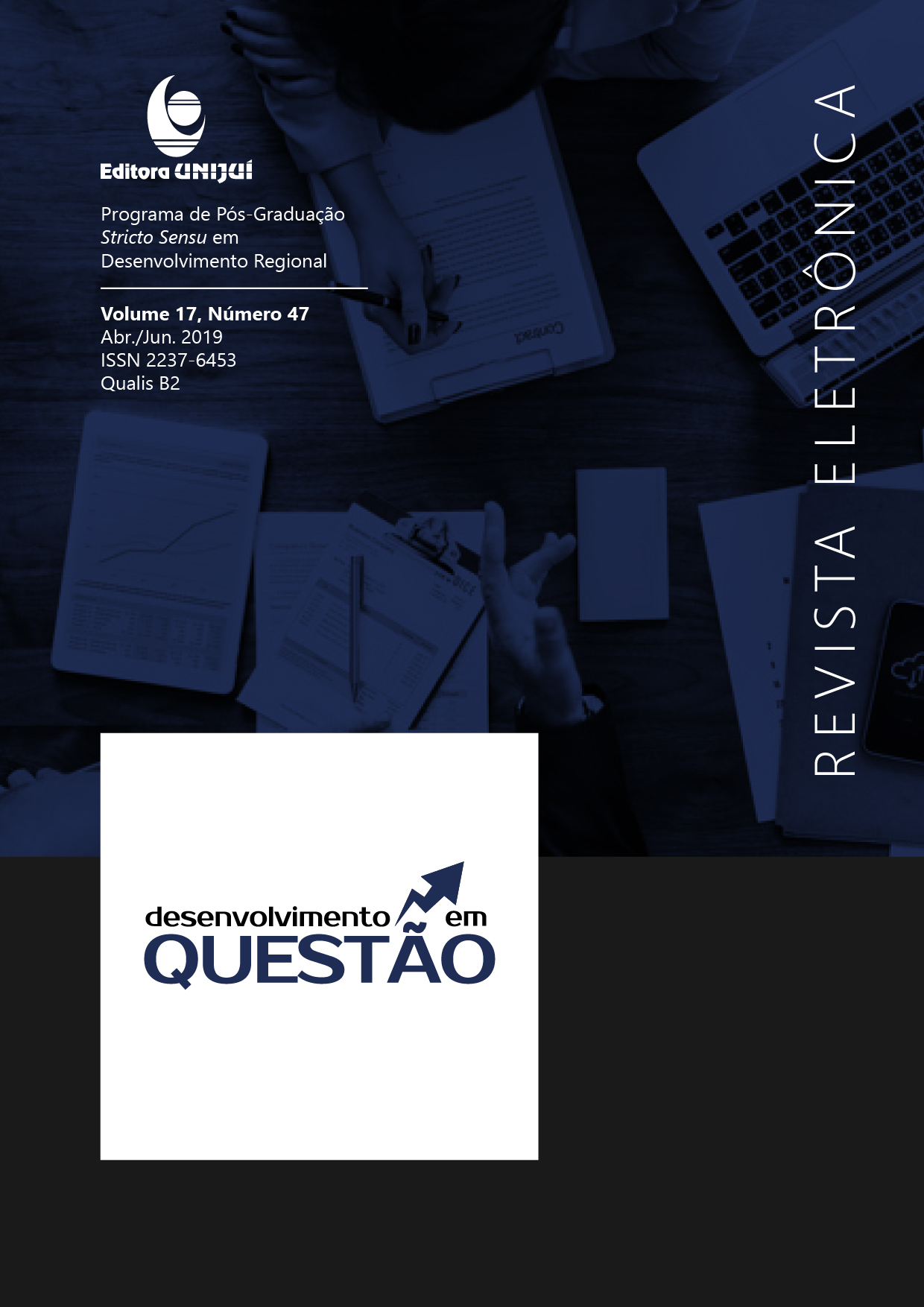Quo Vadis: Dialogues of Social Management with Intellectual Work of Jürgen Habermas (1998-2014)
DOI:
https://doi.org/10.21527/2237-6453.2019.47.24-45Keywords:
Habermas, Gestão Social, Democracia, Esfera PúblicaAbstract
In this article we investigate how authors of the field of Social Management refer to the works of Jürgen Habermas and his conceptual framework. We argue from 54 mapped articles that, despite the influence of Habermas in the conception of the concept of Social Management for several authors of the field, its broad theoretical framework is still little approached. Few works are explored and a range of texts refers to it through readings made by other authors (internal to the field) and with indications of different and divergent interpretations of their texts. In addition, we find quotations without a contextual consideration of their works; lack of debate on the transformations of Habermasian thinking; forgetting the diagnosis of the colonization of the world-of-life by the system that impacts on the concept of Social Management; lack of references to authors who carry out critical dialogues and debates about their application to Brazilian society. We conclude by indicating that the Habermas texts can contribute (considering the limitations) to the development and consolidation of the field of studies and practices of Social Management, if they are explored in addition to The Structural Transformation of the Public Sphere, chapters of The Theory of Communicative Action and Between Facts and Norms: Contributions to a Discourse Theory of Law and Democracy.
Downloads
Published
How to Cite
Issue
Section
License
By publishing in Revista Desenvolvimento em Questão, authors agree to the following terms:
All works are published under the Creative Commons Attribution 4.0 International License (CC BY 4.0), which allows:
Sharing — to copy and redistribute the material in any medium or format;
Adaptation — to remix, transform, and build upon the material for any purpose, even commercially.
These permissions are irrevocable, provided that the following terms are respected:
Attribution — authors must be properly credited, a link to the license must be provided, and any changes made must be indicated.
No additional restrictions — no legal or technological measures may be applied that legally restrict others from doing anything the license permits.
Notices:
The license does not apply to elements that are in the public domain or covered by legal exceptions.
The license does not grant all necessary rights for specific uses (e.g., image rights, privacy, or moral rights).
The journal is not responsible for the opinions expressed in the articles, which are the sole responsibility of the authors. The Editor, with the support of the Editorial Board, reserves the right to suggest or request modifications when necessary.
Only original scientific articles presenting research results of interest that have not been previously published or simultaneously submitted to another journal with the same purpose will be accepted.
Mentions of trademarks or specific products are intended solely for identification purposes and do not imply any promotional relationship by the authors or the journal.
License Agreement (for articles published from 2025 onward): Authors retain the copyright to their article and grant Revista Desenvolvimento em Questão the right of first publication.











